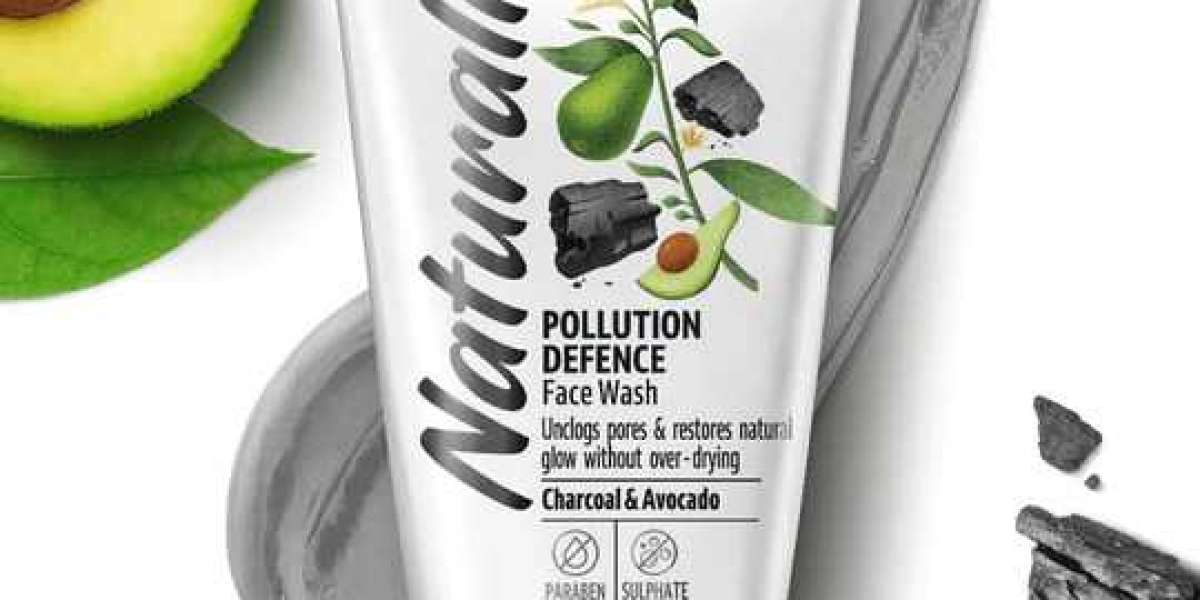One popular type of cleanser that has gained a lot of attention in recent years is charcoal face wash. But how does charcoal face wash compare to traditional cleansers? In this blog, we'll explore the key differences between the two and help you decide which one is right for you.
Traditional Cleansers
Traditional cleansers are the most common type of facial cleanser on the market. They come in a variety of forms, including foam, gel, cream, and oil-based cleansers. Traditional daily cleansing face wash work by removing dirt, oil, and makeup from the surface of the skin, leaving it clean and refreshed. Most traditional cleansers contain ingredients like surfactants, which help to break down and remove dirt and oil, and emollients, which help to hydrate and nourish the skin.
While traditional cleansers can be effective for removing surface-level impurities, they may not be as effective at removing deeper impurities like blackheads and whiteheads. Additionally, some traditional cleansers can strip the skin of its natural oils, leading to dryness and irritation, particularly for those with dry or sensitive skin.
Charcoal Face Wash
Charcoal face wash, on the other hand, is a type of cleanser that uses activated charcoal to absorb impurities and detoxify the skin. Activated charcoal is a form of carbon that has been treated with oxygen to make it more porous and increase its surface area. This increased surface area allows activated charcoal to absorb impurities like dirt, oil, and toxins more effectively than other ingredients.
Charcoal face wash is particularly effective for those with oily or acne-prone skin, as it can help to unclog pores and prevent breakouts. Additionally, charcoal face wash can help to control excess oil production and reduce the appearance of large pores. Most charcoal face washes also contain other beneficial ingredients like tea tree oil, which has antibacterial and anti-inflammatory properties, and aloe vera, which soothes and hydrates the skin.
Which One Is Right for You?
When it comes to choosing between traditional cleansers and charcoal face wash, it ultimately comes down to your skin type and concerns. If you have normal to dry skin and are looking for a gentle cleanser that won't strip your skin of its natural oils, a traditional cleanser may be the best choice for you. On the other hand, if you have oily or acne-prone skin and are looking for a deep-cleansing, detoxifying solution, a charcoal face wash may be the better choice.
It's worth noting that some people choose to use both traditional cleansers and charcoal face wash, depending on their skin's needs. For example, they may use a traditional cleanser in the morning to gently cleanse their skin, and then use a charcoal face wash at night for a deeper cleanse.
In conclusion, both traditional cleansers and charcoal face wash have their benefits and can be effective for achieving healthy and glowing skin. It's important to choose a product that is suited to your skin type and concerns, and to use it consistently as part of a daily skincare routine.








